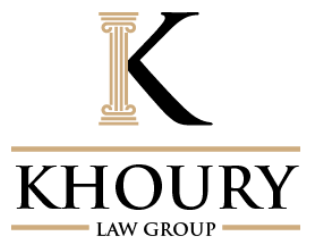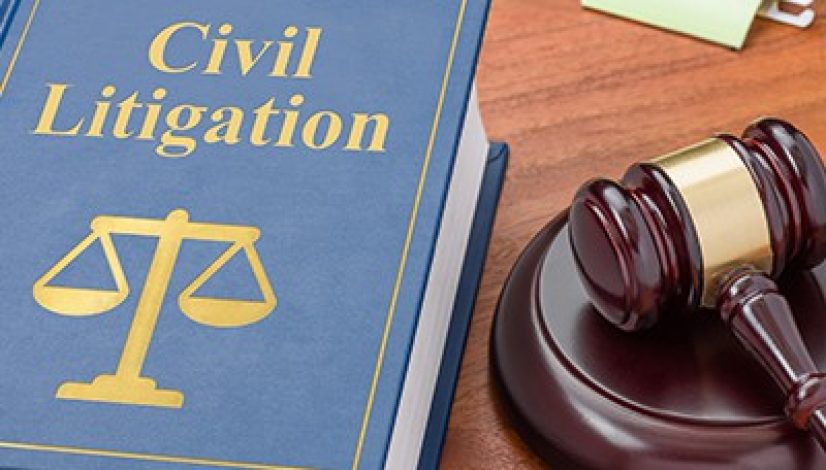How Long Will the Litigation Process Take?
One of the first questions clients ask when facing a lawsuit is, “How long will the litigation process take?” It’s a fair question—litigation can be time-consuming, emotionally draining, and expensive. Unfortunately, there’s no simple answer. The timeline depends on several factors, including the complexity of the case, the court’s schedule, and how willing each side is to negotiate or settle.
Below is an overview of the stages of civil litigation and the key factors that influence how long a case might take to resolve.
1. The Pre-Filing and Investigation Stage
Before a lawsuit is even filed, attorneys typically conduct an investigation. They gather facts, review documents, interview witnesses, and determine whether there’s a valid legal claim or defense. This stage can take anywhere from a few weeks to several months, depending on the case’s complexity and the amount of evidence involved.
2. Filing and Initial Pleadings
Once a complaint is filed, the defendant must respond—usually within 20 to 30 days. This stage is relatively quick, but if there are motions to dismiss or disputes about jurisdiction or venue, it can add weeks or even months to the timeline.
3. The Discovery Phase
Discovery is often the most time-consuming part of litigation. During this phase, both parties exchange information through written questions (interrogatories), requests for documents, and depositions. Discovery can take anywhere from six months to two years in complex cases. Disputes over what must be produced or how depositions are conducted can slow the process even more.
4. Settlement Negotiations and Mediation
Most civil cases settle before trial. Settlement talks can happen at any point in the process—sometimes early on, sometimes after discovery. If both sides are open to compromise, a case could settle within months. However, if negotiations stall, litigation continues toward trial.
5. Trial Preparation and Trial
If the case goes to trial, attorneys spend weeks or months preparing exhibits, witness lists, and legal arguments. Once in court, trials can last anywhere from a single day to several weeks. Court scheduling and backlog also play a major role—some courts set trial dates quickly, while others are booked months in advance.
6. Post-Trial Motions and Appeals
Even after a verdict, litigation may continue. Either side can file motions to challenge the outcome or appeal the decision to a higher court. The appeals process can extend the timeline by several months or even years.
Typical Timeframes
- Simple cases: 6 months to 1 year
- Moderate cases: 1 to 2 years
- Complex cases: 2 to 5 years or more
These are general estimates—each case is unique. Some disputes resolve quickly through negotiation, while others wind through the court system for years.
How to Keep Your Case Moving
While clients can’t control every aspect of litigation, they can help keep things on track by:
- Responding promptly to attorney requests for documents or information.
- Being honest and organized with evidence and timelines.
- Staying open to settlement discussions when appropriate.
An experienced attorney will also take proactive steps to minimize delays and keep your case progressing efficiently.
Final Thoughts
The length of the litigation process depends on many moving parts—legal issues, evidence, cooperation between parties, and court availability. While it’s impossible to predict an exact timeline, understanding the stages of litigation can help set realistic expectations and reduce frustration along the way.
Need legal help? In California, navigating legal challenges, whether they involve personal injury, workers’ compensation, criminal defense or civil litigation, can be overwhelming. Khoury Law Group is here to provide the critical legal support you need. As a leading advocate for individuals facing legal battles, our experienced attorneys understand the complexities of the legal system and are committed to fighting for your best interests. With personalized legal strategies and compassionate support, we are dedicated to achieving the justice and compensation you deserve.
CONTACT US FOR HELP. Call us at (888) 354-6879 or fill out the form on our Contact page.





